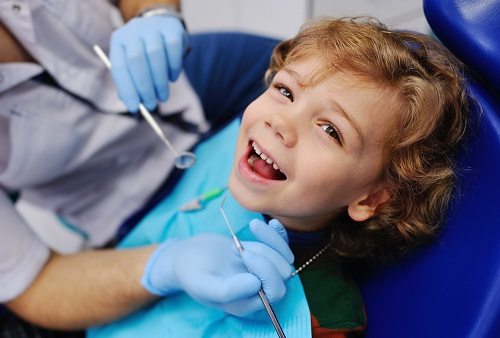From crooked teeth to mouth breathing—why your child’s mouth is your early warning system
The Smile That Tells a Story
When I look at a child’s smile, I don’t just see teeth. I see a roadmap of their overall health. As a dentist, I’ve learned that what’s happening in the mouth is often a reflection of what’s happening in the body. And when we pay close attention, those early signs can save children from long-term struggles.
Crooked Teeth Are More Than Cosmetic
So many parents come to me thinking crooked teeth are simply a cosmetic issue. I understand—it’s natural to assume braces will fix it later.
But here’s the truth: crooked teeth can point to bigger problems with jaw development and airway health.
When the jaw doesn’t grow properly, the airway narrows. This can make it harder for a child to breathe, especially at night. That lack of oxygen robs them of deep, restorative sleep. It also affects focus in school and, over time, can even increase risks for more serious health conditions.
Why Mouth Breathing Matters
Parents often tell me their child sleeps with their mouth open, as if it’s nothing more than a quirk. But mouth breathing is one of the biggest red flags I look for. It dries out the mouth, changes facial growth, and forces the body to work harder just to get enough oxygen.
I’ve seen firsthand how children who breathe through their mouths struggle more with fatigue, concentration, and even behavior. The way a child breathes today truly shapes the health they will carry into adulthood.
Inflammation Is a Warning Sign
Another thing I see far too often is gum bleeding in kids. Parents brush it off, assuming it’s just poor brushing. But bleeding gums mean inflammation—and inflammation in the mouth spreads throughout the body.
That’s why I stress prevention. Regular checkups, airway screenings, and teaching children good habits early on make a world of difference.

Connecting the Dots for Parents
My message isn’t meant to scare—it’s meant to empower. Dentistry isn’t just about fixing teeth, it’s about protecting your child’s future health. When you catch the early signs—crooked teeth, mouth breathing, bleeding gums—you aren’t just preventing cavities. You’re setting them up for healthier sleep, stronger immunity, and even better brain development.
As I remind parents every day: your child’s smile is more than something to admire in photos. It’s an early warning system. It can reveal airway issues, inflammation, and developmental problems that may impact them for life.
Don’t wait until problems get worse. Pay attention to what their mouth is telling you. Because when you protect their smile, you protect their health, their energy, and their future.



